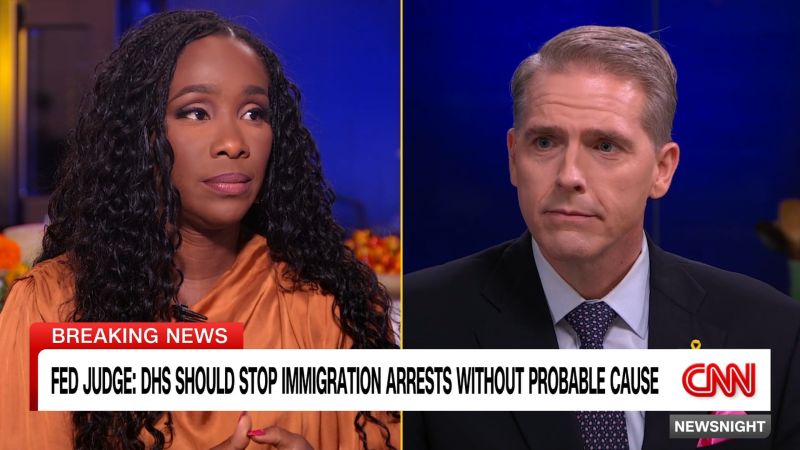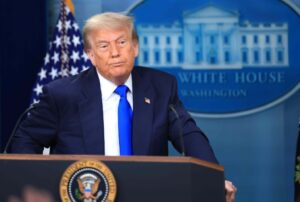
A federal judge has ruled that the Department of Homeland Security (DHS) must cease immigration arrests in Los Angeles that lack probable cause. The decision stems from concerns over the agency’s practice of detaining individuals based solely on their race, spoken language, or occupation. This landmark ruling aims to protect the rights of residents and uphold legal standards in immigration enforcement.
The judge’s order, issued on October 5, 2023, marks a significant shift in how immigration enforcement is conducted in the United States. The ruling was prompted by a lawsuit that highlighted the discriminatory practices employed by the DHS during immigration raids. According to the judge, these practices not only violate constitutional rights but also undermine public trust in law enforcement.
In her decision, the judge emphasized the importance of probable cause in any law enforcement action, stating that arrests must be based on specific evidence rather than broad generalizations about individuals. This ruling specifically targets the DHS’s approach in Los Angeles, where community members have reported feeling vulnerable and targeted due to their ethnicity or occupation.
The implications of this ruling extend beyond Los Angeles. It sets a precedent that could influence immigration enforcement practices across the country. If the DHS is mandated to follow stricter guidelines regarding probable cause, other jurisdictions may be compelled to reevaluate how they conduct immigration raids and arrests.
Community organizations and immigrant rights advocates have welcomed the decision, viewing it as a victory for civil liberties. Many argue that the ruling acknowledges the systemic issues within immigration enforcement that disproportionately affect marginalized communities.
As the DHS grapples with the implications of this ruling, it faces increased scrutiny over its operational protocols. The agency has not yet publicly commented on the judge’s order but is expected to review its practices in light of the legal challenges it faces.
The ruling comes at a time when immigration policy remains a contentious issue in the United States. With ongoing debates surrounding border security and enforcement practices, the outcome of this case may influence future policymaking and legislative efforts in Congress.
In summary, the federal judge’s order to halt DHS immigration arrests lacking probable cause represents a critical moment in the ongoing discourse about immigration enforcement and civil rights. As the legal landscape continues to evolve, it remains to be seen how this ruling will reshape the future of immigration policy in the United States.







